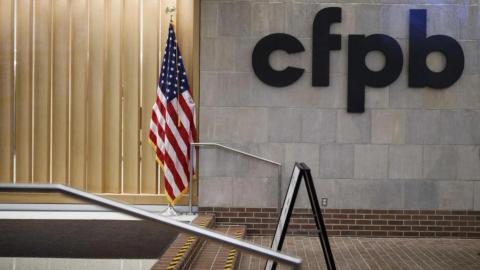CFPB Abandons Open Banking Regulation: What It Means for Consumers and Financial Institutions
The Consumer Financial Protection Bureau (CFPB) is making headlines as it seeks to rescind the 1033 open banking rule, a move that has sparked significant debate within the financial sector. Just months after the rule was finalized in October, the CFPB’s decision reflects a major shift in regulatory priorities under the current administration.
Understanding the CFPB’s Legal Filing
The CFPB’s petition to the court aims to eliminate the 1033 rule, which grants Americans the ability to request their banks share financial data with third-party providers. This regulation was designed to enhance consumer control over personal finance. However, resistance from the traditional banking industry has led to calls for its reconsideration.
Reactions from Financial Leaders
Many in the financial world view the CFPB’s move as a significant concession to banks. Penny Lee, CEO of the Financial Technology Association (FTA), stated, “Vacating the 1033 rule is a handout to Wall Street banks, who are trying to limit competition and debank Americans from digital financial services.” She emphasizes the need for consumers to maintain control over their financial data.
The Shift in CFPB’s Direction
This decision marks a notable change in the CFPB’s strategy under the Trump administration. Here are some key points regarding this shift:
- In March, the CFPB retracted a rule equating pay-in-four BNPL lenders with credit cards.
- Recently, the bureau has dismissed multiple lawsuits against major banks like JPMorgan Chase and Bank of America related to fraud on the Zelle P2P payments network.
- A proposed rule that would have given the CFPB oversight over tech giants like Apple and Google was also eliminated by Congress.
Impact on Consumers and the Financial Landscape
The elimination of the 1033 rule could significantly alter how consumers interact with financial services and their ability to access digital financial tools. Critics argue that this move could hinder innovation and limit consumer choice in an increasingly digital economy.
As the situation evolves, it remains crucial for consumers to stay informed about their rights and the implications of regulatory changes on their financial lives. For more information on consumer rights in finance, visit the Consumer Financial Protection Bureau website.







